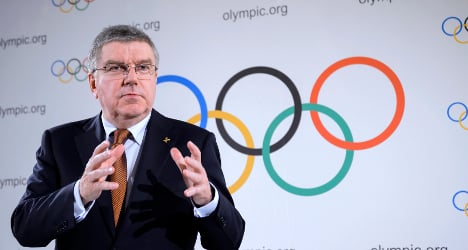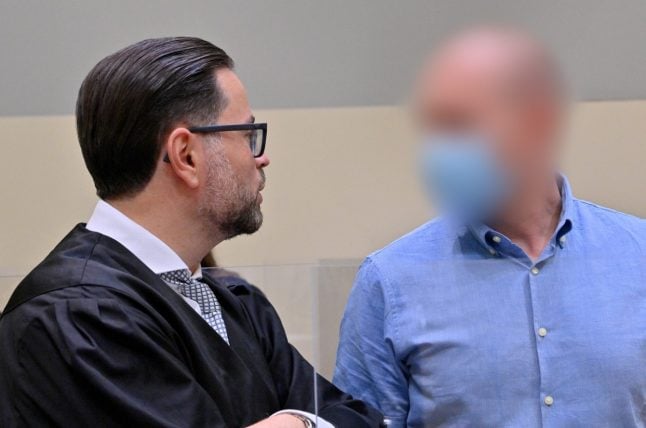The IOC also said its budget for anti-doping tests is being doubled to $500,000 (447,000 euros) between now and August's Olympics in Rio.
“The re-analysis programme for the Olympic Games Beijing 2008 and London 2012 will be further extended,” the IOC executive board said in a statement.
“Together with WADA, we will target medallists from both Olympic Games for possible re-analysis.”
The Board, which said “the fight against doping is a top priority”, is holding a series of meetings in Lausanne until Friday.
It said it had established a “zero-tolerance” policy in order to “protect clean athletes” in Rio.
More than 50 new doping cases have come to light so far from the reanalysis of samples from the Beijing and London Olympics.
The Board said it would “not hesitate to punish anyone” within its reach involved in doping or providing doping products and methods.
“The budget for the pre-Olympic testing programme is now doubled,” said the IOC statement.
“The programme comes on top of the extensive programme already being carried out by International Federations and National Anti-Doping Organizations.
“Special focus will be put on countries where the testing programme is non-compliant — Kenya, Russia and Mexico. A special focus will also be put on those sports which WADA has declared most affected.”
A meeting will be held in Lausanne on June 21st in order to “coordinate and harmonise the approach” of international federations towards the “eligibility of athletes” at future Games, the IOC said.
The meeting will be attended by the IOC, international federations and national Olympic committees.
There will also be a post-Olympics summit in October to review the doping programme from the Rio Games.
“The IOC will continue to push for all testing independent from sports organizations and to harmonise national and international testing under the leadership of a new entity,” said the statement.
“The IOC will lead by example and establish such an independent process, working with WADA, to be in place for the Olympic Winter Games PyeongChang 2018.”
DOPING
IOC doubles anti-doping budget ahead of Rio
Olympic medallists from the Beijing and London Games will be targeted as a priority as the reanalysis of old samples is reinforced, the Lausanne-based International Olympic Committee (IOC) said on Wednesday.
Published: 2 June 2016 08:12 CEST

IOC president Thomas Bach. Photo: Fabrice Coffrini/ADP
Url copied to clipboard!


 Please whitelist us to continue reading.
Please whitelist us to continue reading.
Member comments